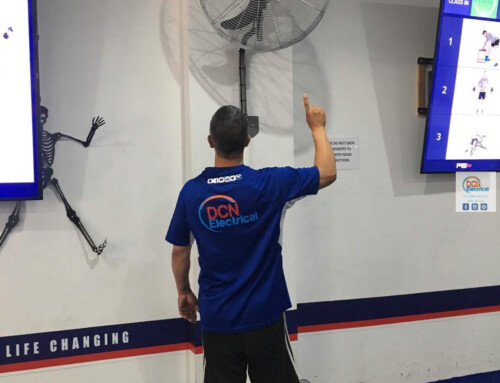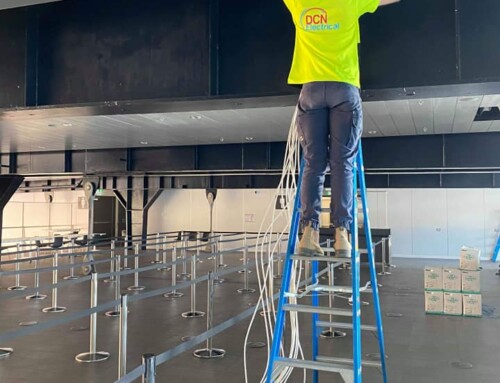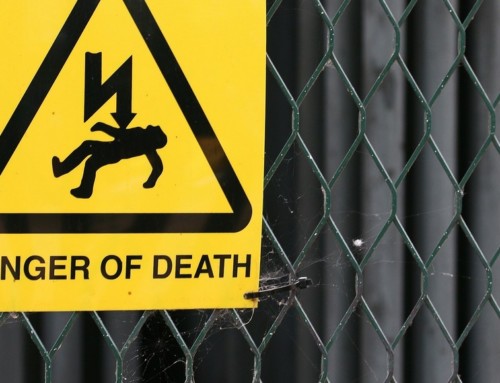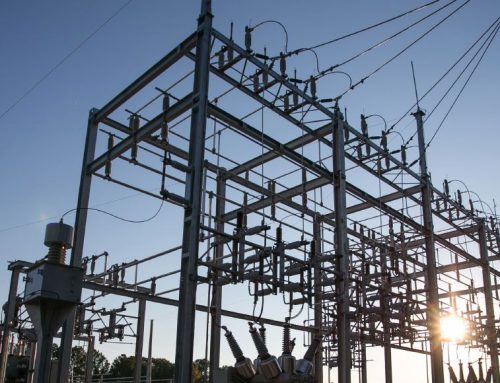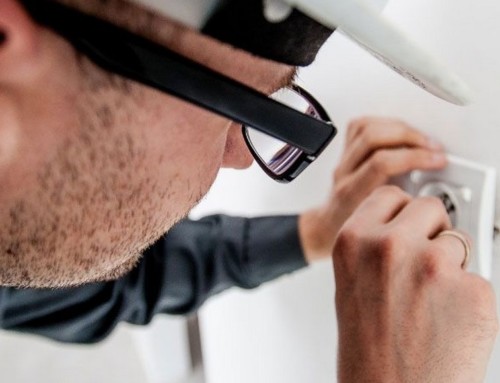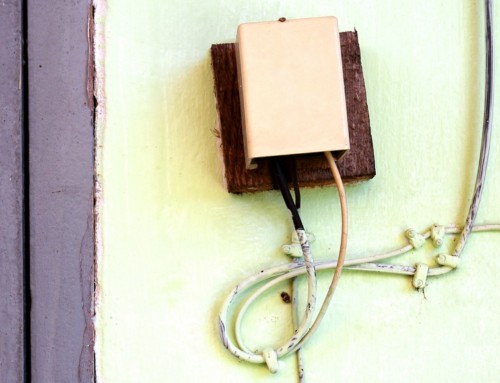The work of an electrician is installing, assembling, servicing, operating, maintaining, testing and commissioning electrical systems and equipment. Large electrical projects are mainly found in office buildings, multi-storey residential buildings, and industrial settings. Large jobs may also include situations where its operating heavy machinery or working in elevated areas is required. All these can be part of three major settings that include;
- Institution set up
- Construction set up
- Industrial set up
Electricians mainly aim to provide their clients and customers with services that provide sufficient electrical and energy solutions, the services are meant to help the clients with supply or installation procedures.
 Most electricians that work for or with large projects follow a specific line of regulations to ensure that they do not fall into pitfalls that may lead to cancellation of the projects or bad outcomes after the project is up and running.
Most electricians that work for or with large projects follow a specific line of regulations to ensure that they do not fall into pitfalls that may lead to cancellation of the projects or bad outcomes after the project is up and running.
Discussed below are some of the steps they take:
Understanding the complexity: this is the most important step. Electricians understand that they are working large and with other sub-contractors. They take into account the working combination of all units.
Resources: They factor in the process of getting all the resources needed for the job and the schedule of the work planned to ensure that there are no delays.
Accounting: They keep an account of the cash flow by billing all their purchases to ensure transparency and to avoid miscalculation errors.
Setting the stage- As mentioned above electricians that work for large projects integrate with other many units. That is why they prefer sub dividing the units into manageable divisions. This means that they counter the risks. They classify each risk as outlined:
- Business risk– This is the risk that can arise from wrong invoicing, material purchasing, payments and timesheets. Business risk is mitigated by setting up or having a strong and competent business and financial management system.
- Technical risk– This is the risk that can arise from design, wrong coding, inspection, installation requirements, and testing. Technical risk is mitigated by ensuring that there is a functional technical bench that oversees all the processes, procedures and accurate tools are used.
- Integration risk– this is the risk that arises if all the working elements are not in the sharing the same objective. This risk would occur if there is no link between materials, money and labor available. Integration risk is mitigated by bringing all elements to work together in stable co-ordination.
DCN Electrical can handle any large project because they understand your needs well, they provide you with services that are right for you, and they guarantee their craftsmanship and work.

